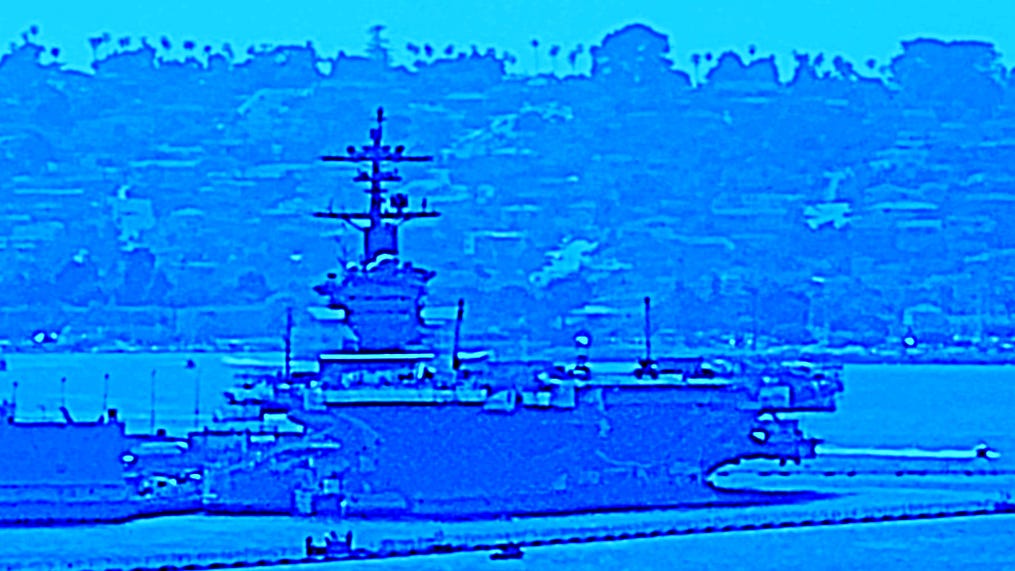When the right people worry, you should too
On Rudyard Kipling, alarming our friends, and the worrisome testimony of an elite Navy leader before Congress
Rudyard Kipling's famous poem "If" begins with the words, "If you can keep your head when all about you / Are losing theirs and blaming it on you", and ends with "Yours is the Earth and everything that's in it, / And -- which is more -- you'll be a Man, my son!". It's been parodied for almost a century, which is probably as much a testimony to its enduring value as anything else.
■ But there is a missing corollary to the virtue of keeping calm, which in Kipling's style might go something like "If you can heed a righteous alarm when all around you / Are content to look away in blissful ignorance", then that too will make you a good adult and citizen.
■ In testimony to the House Armed Services Committee, Admiral John Aquilino, the US Navy's Indo-Pacific Commander, sounded just such an alarm. In bold and italic print, he submitted the advice that "[W]e MUST move faster to reduce the risk of conflict in the near and mid-term", because the environment under his command is "the most dangerous I've seen in 40 years in uniform".
■ It is a sobering but unsurprising assessment. The navy under the command of the Chinese Communist Party "has increasingly employed coercive tactics" and isn't just threatening Taiwan, but also countries like the Philippines and Japan, too. The Pacific is very, very big, and power projection takes a lot of effort and consumes a lot of resources.
■ Assistant Secretary of Defense Ely Ratner testified as well, with a concurring alert: "Today, the PRC [China] is pursuing its revisionist goals with increasingly coercive activities in the Taiwan Strait [and] the South and East China seas along the Line of Actual Control with India and beyond".
■ We are free to look away and discount the gravity of the situation only insofar as we are willing to accept the consequences. Inaction, disengagement, and disinterest in the problems of places that seem far away ultimately have costs. It's nothing new; Dwight Eisenhower warned that "[W]eakness will alarm our friends, earn the contempt of others, and virtually eliminate any influence of ours toward peaceful adjustment of world problems." And that was some 75 years ago.
■ When people whose careers have depended upon rationality and temperate judgment use valedictory moments in the spotlight to sound alarms, then it takes good citizens to heed the warning.



